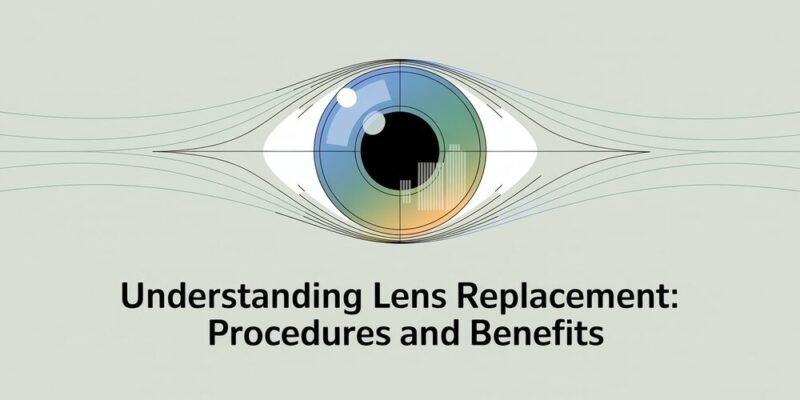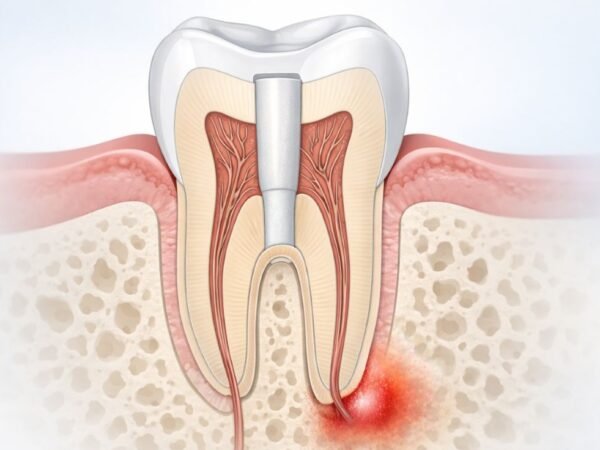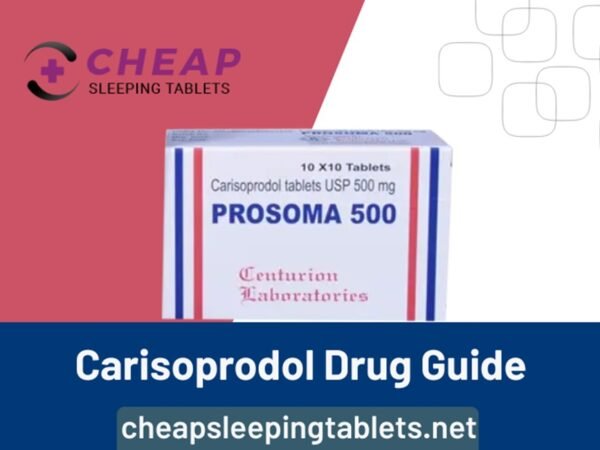Lens replacement surgery has changed the lives of many people who want to improve their vision, especially those with cataracts or vision loss that comes with getting older. If you are considering this treatment, understanding how it works, its benefits and the recovery process can help you make an informed decision. If you live in the UK and want to get surgery to replace your lenses, London has access to experienced doctors and cutting-edge methods.
What Is Lens Replacement Surgery?
In lens replacement surgery, the natural lens of the eye is taken out and replaced with an artificial intraocular lens (IOL). This procedure is also known as refractive lens exchange or precise lens extraction. Most of the time, this process is used to treat cataracts, which cloud the lens and impair vision. On the other hand, it works well to correct serious refractive errors, such as nearsightedness, farsightedness, or presbyopia, when other methods of correcting vision are insufficient.
During the surgery, the cloudy or natural lens is carefully removed and replaced with a custom-made synthetic lens tailored to your unique vision needs. There are different types of implantable lenses, including:
- Toric lenses
- Multifocal lenses
- Monofocal lenses
Each designed to address the unique vision needs of individuals.
The Lens Replacement Surgery Procedure
The lens replacement process typically follows a precise and safe protocol performed under local anesthesia:
Preoperative Assessment
Before surgery, the ophthalmologist does a thorough check of your eyes to find the best IOL type for you based on your eye’s shape and size.
Anesthesia and Preparation
On the day of surgery, local anesthesia is administered, often in the form of eye drops, to numb the eye. The procedure is typically performed on an outpatient basis and lasts approximately 15 to 30 minutes.
Lens Removal
The surgeon makes a small incision and uses phacoemulsification, a method that utilizes ultrasound waves to break up the natural lens into small pieces. These pieces are then carefully suctioned out.
Lens Implantation
After the natural lens is taken out, the fake IOL is put in through the same cut and carefully placed inside the lens capsule.
Completion
The incision is typically self-sealing, requiring no stitches, and the surgery concludes with the application of antibiotic eye drops.
Thanks to advances in surgical technology, patients undergoing lens replacement surgery London often experience quick and comfortable procedures with excellent outcomes.
Benefits of Lens Replacement Surgery
Lens replacement offers several significant benefits beyond cataract removal:
- Improved Vision Quality: Replacing the natural lens can restore clarity and sharpness, significantly enhancing day-to-day vision.
- Reduction or Elimination of Glasses: Many patients find they require fewer corrective lenses or none at all after surgery, mainly when multifocal or toric lenses are used.
- Treatment of Various Vision Problems: In addition to cataracts, this surgery can correct astigmatism, nearsightedness, farsightedness, and presbyopia in a single procedure.
- Long-Term Solution: Unlike contact lenses or glasses, lens replacement provides a permanent correction that usually lasts a lifetime.
Is Lens Replacement Surgery Right for You?
Surgery to change the lenses offers numerous benefits, but it may not be suitable for everyone. A complete eye exam and meeting with an eye expert will help the doctor decide if you are a good candidate based on your medical history, vision goals, and overall eye health.
Lens replacement surgery may be the way to get clear vision again and depend less on glasses if cataracts or other serious vision problems are getting in the way of your daily life. Consulting with experienced surgeons, especially those who specialize in lens replacement surgery in London, can provide you with information tailored to your specific needs.
Lens replacement surgery represents a significant advancement in correcting vision, as it is a safe, successful, and straightforward procedure. You can take confident steps toward improved vision and a higher quality of life if you understand the process, its benefits, and your recovery.
Do Read: Anavar vs Anadrol: Key Differences, Benefits, and Side Effects













